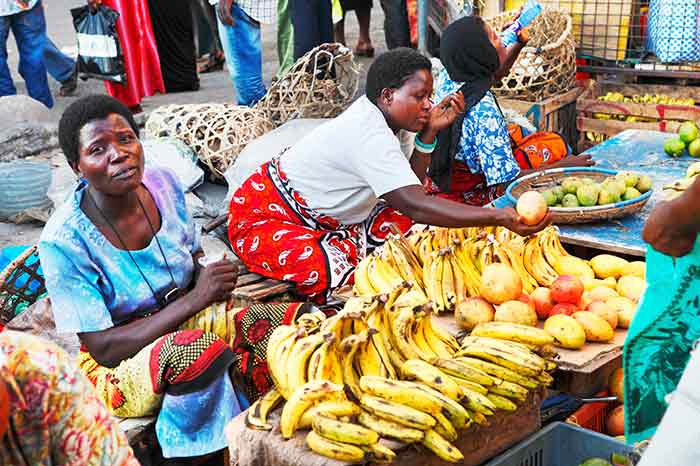web_africanwomenmarket_istock_000073293891_large.jpg

Women selling fruit at market. The ODI found that female-headed households receiving cash aid were more likely to invest in productive assets in some cases, and that cash transfers could encourage female entrepreneurship.
However, the ODI found that in some cases it can also have unintended impacts, and consequently need to be sensitive to gender dynamics and carefully designed.
Looking at 165 studies spanning 15 years, the think-tank’s findings suggest however that it is possible to develop cash transfer programmes that successfully target women.
“Both women and men spend cash in ways that are beneficial for families,” explained Jessica Hagen-Zanker, research fellow at the ODI. “But in some cases – for example investment in livestock and seeds – the impacts of cash transfers can be shown to be enhanced when targeting women.”
The ODI found “some evidence” that female-headed households make greater productive investments than male-headed households.
Out of ten studies looking at variation in impact based on the sex of the head of the household, three found significant impacts with regards to savings, investment and production for female-headed but not male-headed families.
Female household heads in studies in Ghana, Tanzania and Malawi were found to invest in productive assets like seeds, livestock and agricultural tools and livestock respectively.
Another two studies found positive impacts on female entrepreneurship, while two others found differences in the type of investment preferred.
The ODI also said cash transfers can increase women’s decision-making power and choices, including in areas like marriage and fertility, and reduce physical abuse by male partners.
For girls in households that receive cash transfers, the ODI said there was a greater chance of being in school, less chance of being child labourers and more chance of working as an adult.
However, they can also have some unintended impacts. Some studies highlighted that women in households receiving transfers might do more domestic work than they did before.
Elsewhere, other studies found that cash transfers targeting women could even provoke a backlash from their male partners, with increased emotional or physical abuse as a result of the woman contributing more to the household.
The ODI concluded that “simply receiving a cash transfer does not necessarily empower female recipients”, as “gender dynamics are hard to shift”.
“If cash transfers are to really contribute to gender equitable outcomes, their design and monitoring should be tailored and refined to pay close attention to gender dynamics.”
Evidence that shows direct cash transfers are more efficient and impactful than in-kind aid has been growing, with the aid community now largely agreeing that aid should be delivered in this form whenever appropriate.
However, the idea can also be controversial, as a recent campaign by a UK tabloid newspaper showed. In an article in the Daily Mail, one British MP likened cash aid to “exporting the dole” – the UK’s benefit for the unemployed.













